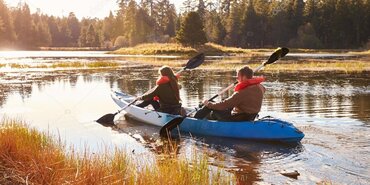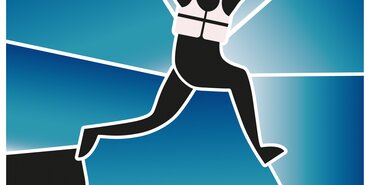Defence Success for Public Liability Case

Clyde & Co has successfully defended a claim against an outdoor bouldering activity company, following an injury sustained by a partially blind teenage customer.
The customer alleged that the activity company had allowed him to undertake an unsafe endeavour given his disability. At trial the court disagreed, holding that the activity company was not required to carry out proactive enquiries which might have brought the disability to their attention, and thus prompted an alternative course of action. The claim against the activity company was dismissed.
By contrast, the charity responsible for organising the visit were deemed to have carried out an inadequate risk assessment of the activity and were held to be liable for the injury.
The success demonstrates that the occurrence of an injury to a vulnerable user is not necessarily indicative of a liability on the part of activity providers. In this instance, the bouldering company was entitled to rely upon the charity to bring any specific conditions of users to their attention.
Background
The Claimant, aged 14, suffered from Laurence Moon Beidl Syndrome which affected his eyesight. He was registered partially blind. The Claimant often attended the Sheffield Royal Society for the Blind ("SRSB") for after-school club and activities. The SRSB took the Claimant for a bouldering session at the premises of The Peak Bouldering Company Limited ("the Centre").
Once at the Centre, the Claimant participated in warm up activities and then climbed one of the junior boulders. He did so with minimal assistance but required some help to get over the top of the wall. The wall had an enclosed chute/slide, which was popular with children, and which offered a means of descent. The chute was known to be fast. The Claimant was instructed to slide down the chute and upon reaching the ground, he injured his ankle.
The Claimant issued a claim against both SRSB and the Centre for the injury sustained.
It was the Claimant's case that the enclosed chute was not safe for him, as his condition meant that his eyesight significantly worsened in dim conditions and that in going down the chute he had become disorientated.
It was accepted by all parties that the specifics of the Claimant's condition were not made known to the Centre staff, though the Centre knew he had a visual impairment. Visually impaired clients had used the chute in the past with no incidents, though the number was small.
Outcome
The Claimant alleged that the SRSB risk assessment in relation to the activity was inadequate and that a suitable assessment would have shown that the chute was not safe for this particular individual. The court agreed.
Furthermore, the judge held that had the Centre instructors known that the chute was likely to disorientate the Claimant, an alternative method of descent from the boulder wall could have been offered. The court held that the Centre was not obliged by law to proactively enquire about the Claimant's condition and that it was entitled to rely on the SRSB to draw any specific matters to the Centre's attention.
The Claimant was therefore successful in his claim against SRSB but unsuccessful against the Centre.
Clyde & Co LLP - Leanne Conisbee
- Date
- 12/04/2021





